Buefy's Dialog component expects a message prop - string. According to a documentation, that string can contain HTML. I would like to use template values in the string, but of course is should be XSS safe.
Current unsafe example
This is unsafe, as this.name is unsafe. I could use a NPM package to html encode the name, but I really prefer to use Vue.
<script lang="ts">
import Vue from 'vue';
export default Vue.extend({
props: {
name: { type: String, required: false },
},
methods: {
showModal() {
this.$buefy.dialog.confirm({
title: 'myTitle',
message: `<p>Hello ${this.name}</p>`, // unsafe - possible XSS!
cancelText: 'Cancel',
confirmText: 'OK',
type: 'is-success',
onConfirm: async () => {
// something
},
});
},
},
});
</script>
This is an issue of the used Buefy component, as documented here:
Desired Setup
I've created a new component, in this example I call it ModalMessage.Vue
<template>
<p>Hello {{name}}</p>
</template>
<script lang="ts">
import Vue from 'vue';
export default Vue.extend({
props: {
name: { type: String, required: true },
},
});
</script>
Then I like to render the ModalMessage.Vue to a string in Typescript:
<script lang="ts">
import Vue from 'vue';
import ModalMessage from 'ModalMessage.vue';
export default Vue.extend({
props: {
name: { type: String, required: false },
},
methods: {
showModal() {
this.$buefy.dialog.confirm({
title: 'myTitle',
message:, // todo render ModalMessage and pass name prop
cancelText: 'Cancel',
confirmText: 'OK',
type: 'is-success',
onConfirm: async () => {
// something
},
});
},
},
});
</script>
Question
How could I render the ModalMessage.Vue, and passing the name prop, to a string?
I'm pretty sure this is possible - I have seen it in the past. Unfortunately I cannot find it on the web or StackOverflow. I could only find questions with rendering a template from string, but I don't need that - it needs to be to string.



